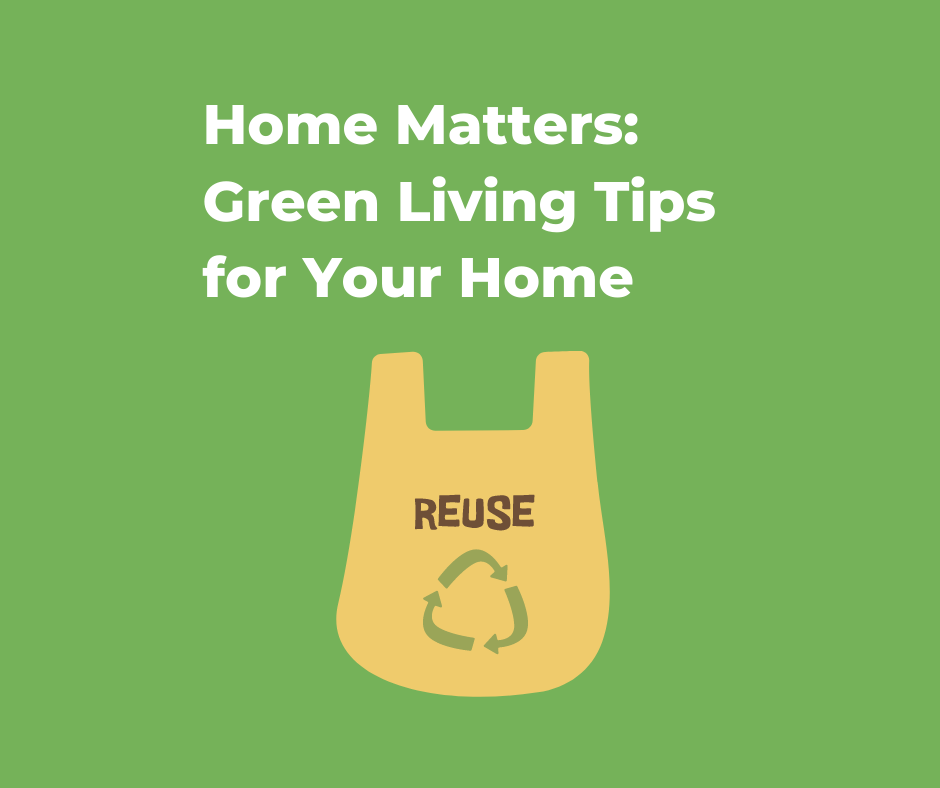Home Matters: Green Living Tips for Your Home

Living an eco-friendly lifestyle minimizes the negative impact you have on the natural world by contributing to reduced waste, conserved energy and lowered carbon dioxide emissions. Abiding by green principles is not only good for the planet—it can also help you stay healthy and save money.
Consider implementing the following eco-friendly living tips within your home.
- Do your research before buying appliances for your home. Try to only purchase and install appliances that are certified by the Environmental Protection Agency.
- Use recycled, chlorine-free toilet paper, facial tissues and petrochemical-free cosmetics. This practice can help significantly reduce waste.
- Use all-natural cleaning solutions—such as baking soda, vinegar and tea tree oil—to disinfect your bathroom as opposed to traditional cleaning products made with harsh chemicals.
- Line dry your clothes instead of drying them in the dryer to conserve energy.
- Only run appliances that use large amounts of water—such as the washing machine or dishwasher—when they are completely full.
- Turn off the water while brushing your teeth and only turn it back on to rinse in order to save water. Also, try to limit your shower time to no more than 10 minutes per shower.
- Keep your heat low. For every degree that you turn your thermostat below 70 degrees Fahrenheit, you can save 320 pounds of greenhouse gases (natural gas heat) or 236 pounds of electric heat.
- Use compact fluorescent light bulbs throughout your house to significantly reduce your electricity bill and the amount of energy used.
Keep Your Garden Green
Be sure to promote green practices both within your home and in your backyard. To ensure an ecofriendly garden, consider growing native plants rather than non-native plants. Since these plants have already evolved to survive in the climate in which you live, they typically don’t need much help to grow and require less than half the amount of water to survive as compared to non-native plants. To figure out which plants are native to your area, visit a trusted gardening center. For more personal risk management guidance and homeowners insurance solutions, contact us today.

